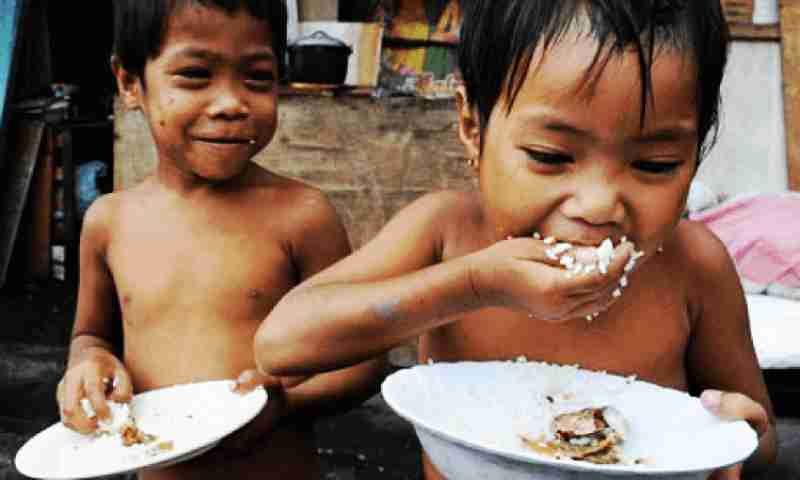Rice is a key source of carbohydrate and B vitamins. However, rice consumption as a major food is not sufficient to meet the nutrition requirement for rice eaters in developing countries and most of the people of rice dependent countries experience various forms of undernourished feeding. Agriculture pattern, post-harvest processes and climate conditions have a considerable negative effect on the nutritional quality of rice.
Enhancement of rice nutritional value is necessary in developing countries to avoid malnutrition in the coming era. In current era, rice researchers along with rice nutritionists are working together toward optimizing the nutrition level of rice by adopting biotechnological or breeding methods to get new and better varieties and to provide the best to the rice dependent population. Recent progress in rice nutrition enhancement through biotechnology might be capable to ameliorate malnutrition presently experienced.
Nutritional value related genes and QTLs will play crucial roles in developing the required genotypes. In current years, considerable efforts have been made in molecular studies on grain amino acid and protein content, glycemic index value, vitamins, minerals and their transporters, phytic acid, phenolic and flavonoid compounds, zinc and iron content. However, more research is needed for the processing of the newly developed nutritionally enhanced varieties.
In India, recently released zinc rich and high protein rice varieties gives the optimistic message on the positive and forward move in rice crop enhancement program. The transgenic method will additionally support to improve grain nutrition to the desired level satisfactorily. On the basis of present evolutionary idea, it is believed that some transgenes from rice are not unsafe for the environment. On the other hand, some transgenes which do not have major selective advantages could cause partial or potential environmental problems.
However, it is important to raise awareness of the factors influencing nutrient composition in the newly developed varieties. These newly developed rice varieties should undergo whole nutrient testing, environmental benefits and risks such as the impact on human health, environmental assessments and public accessibility in order to mark the standard for considering the impact of new varieties.



































